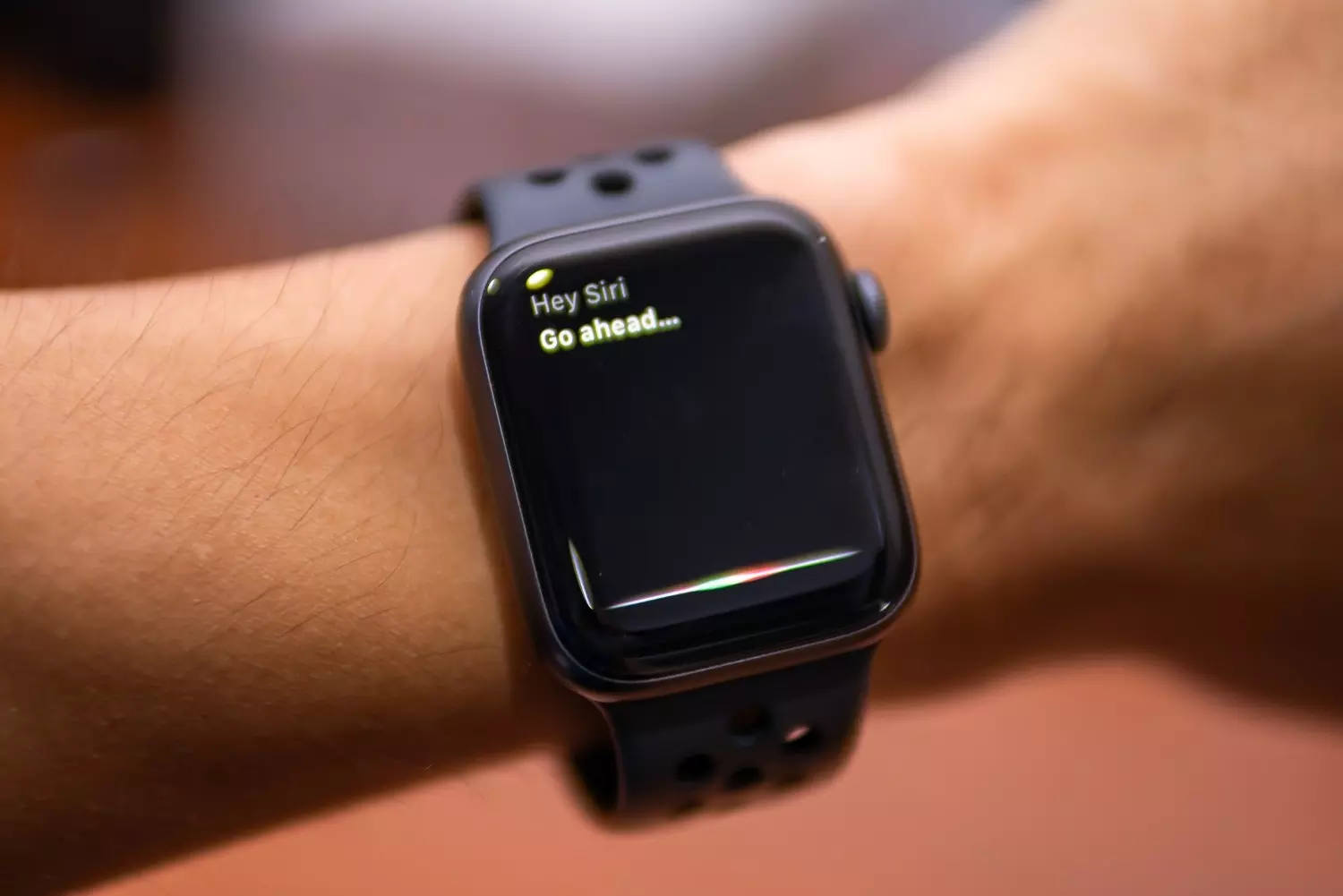
Apple AI model detects pregnancy with 92 pc accuracy, says study
Apple's Wearable Behaviour Model, trained on 2.5 billion hours of data from iPhones and Apple Watches, identifies pregnancy using behavioural metrics

Apple’s latest Artificial Intelligence (AI) model can now detect pregnancy with an impressive 92 per cent accuracy using behavioural data from iPhones and Apple Watches, according to a new study.
The study revealed that the new AI model could detect certain health signs such as sleep quality, heart rate variability, mobility, and other high-level metrics.
Also Read: Who is Sabih Khan, Apple's new Indian-origin COO?
Activity-based intelligence
The study, titled "Beyond Sensor Data: Foundation Models of Behavioral Data from Wearables Improve Health Predictions," introduced the Wearable Behaviour Model (WBM) — a cutting-edge AI system trained on over 2.5 billion hours of wearable data.
Unlike traditional health models that rely on raw sensor data, such as heart rate or blood oxygen levels, WBM is reportedly trained on long-term behavioural patterns.
These include activity levels, sleep quality, mobility, heart rate variability, and other high-level health metrics already calculated by Apple Watch algorithms.
Pregnancy tracking AI
The WBM collected data from the Apple Health app, HealthKit, and heart rate sensor data (PPG). It could also reportedly track changes in certain health conditions during pregnancy.
Researchers created a pregnancy dataset using data from 430 pregnancies, ending in either a vaginal or cesarean delivery. To strengthen accuracy, data were also gathered from over 24,000 non-pregnant women under the age of 50.
The data revealed that the nine months leading up to childbirth and one month after delivery were "positive" weeks, as women were likely going through physiological changes related to pregnancy or postpartum recovery. The other times were marked as "negative" weeks, said the study.
Also Read: 'Exit of Foxconn Chinese staff will help Apple India in the long term'
Massive data training
WBM was developed as part of the Apple Heart and Movement Study (AHMS), which involved over 160,000 participants who voluntarily shared their health data.
Over 2.5 billion hours of wearable data were used to train a new foundation model, which they demonstrated could match or even surpass the performance of prior models based on low-level sensor data.
The model was reportedly tested across 57 different health prediction tasks and, according to the researchers, the AI consistently outperformed traditional sensor-based models — especially when identifying subtle changes in the body linked to conditions such as pregnancy, infections, or injury recovery.
Also Read: Trump calls back Apple to US; will India be caught in the crossfire?
Next gen wearables
Apple Watch collects a lot of raw sensor data, but that data can be noisy and hard to understand.
"Unlike raw sensors, these higher-level behavioural metrics are calculated using carefully validated algorithms... chosen to align with physiologically relevant quantities and health states,” the study noted.
According to tech outlet 9to5Mac, the new WBM model offers clearer insights by tracking and predicting health changes over time, opening the door to more proactive and personalised health care using wearable technology.

